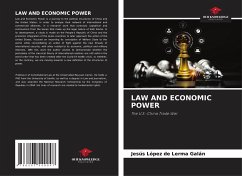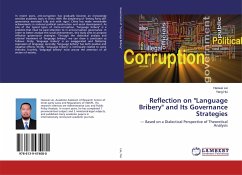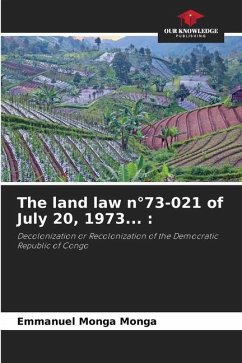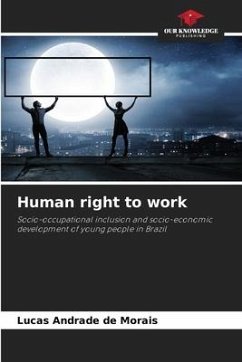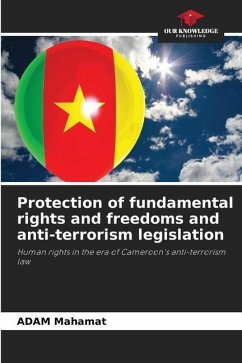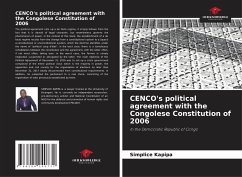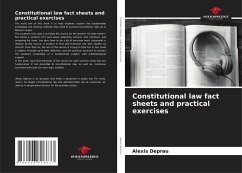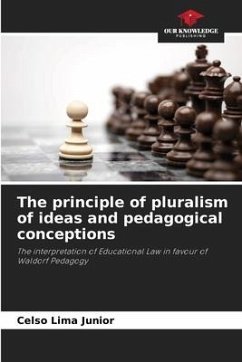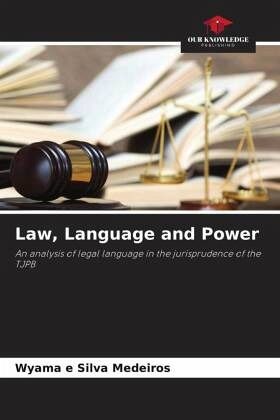
Law, Language and Power
An analysis of legal language in the jurisprudence of the TJPB
Versandkostenfrei!
Versandfertig in 6-10 Tagen
29,99 €
inkl. MwSt.

PAYBACK Punkte
15 °P sammeln!
This paper discusses the relationship between Law, Language and Power, experienced within the Judiciary, given that legal language is an instrument of power in the hands of those who hold technical knowledge of law. The discussion is based on Niklas Luhmann's systemic theory (1983; 1985) to explain how the legal system works, operating cognitively, through decisions, to communicate with other social systems. It was observed how the linguistic obstacles interfere in the communication generated by the Judiciary, causing a lack of understanding by the interlocutors of the decision-making process....
This paper discusses the relationship between Law, Language and Power, experienced within the Judiciary, given that legal language is an instrument of power in the hands of those who hold technical knowledge of law. The discussion is based on Niklas Luhmann's systemic theory (1983; 1985) to explain how the legal system works, operating cognitively, through decisions, to communicate with other social systems. It was observed how the linguistic obstacles interfere in the communication generated by the Judiciary, causing a lack of understanding by the interlocutors of the decision-making process. It also seeks to diagnose in the jurisprudences of the TJPB the presence of these obstacles in the understanding of the legal productions, defined as the speech of the Judiciary. Thus, the same recurring problems in legal texts in general were verified through the analysis of the jurisprudences of the Court of Paraíba, which presented a language that hinders the access to justice and consequently, the realization of the legal norm.



